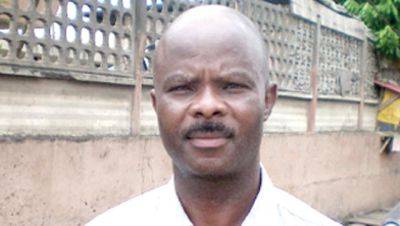Secret ballots, little time to campaign: Why IOC presidential election is too close to call
Just as she used to feel when she'd reach the final 200 metres of a race in the pool, Kirsty Coventry is leaning on adrenaline in the homestretch of her drive to become the International Olympic Committee's first female president.
The seven-time Olympic medallist from Zimbabwe is one of three front-runners to replace Thomas Bach, who's held the top job in global sport since 2013. And even though both Coventry and Bach have downplayed it, many think she is his preferred candidate.
Coventry would also be the first president from Africa and its youngest, at only 41 years old.
"I'm staying focused and staying in my lane," Coventry told a pack of reporters at the Costa Navarino resort in western Greece on Wednesday, a day before IOC members from across the globe will start casting their votes.
Coventry has always loved competition. But one day before a decision that will shape the future of the Olympics for the better part of the next decade, the outcome wasn't clear.
Seven candidates are on the ballot. World Athletics president Sebastian Coe, who's a four-time Olympic medallist on the track, and Spaniard Juan Antonio Samaranch Jr., a vice president on the IOC's executive board, are also considered front-runners.
About 100 IOC members will vote, and they'll cast ballots until a candidate gets the majority of the votes. After each round of voting, the candidate with the fewest votes will be removed from the ballot, making things even more difficult to gauge.
Candidates haven't had much opportunity to make their case to IOC members. Each had the chance to present for 15 minutes in Switzerland in January. The presentations happened behind closed doors and weren't able to be filmed. Members also couldn't ask questions of





